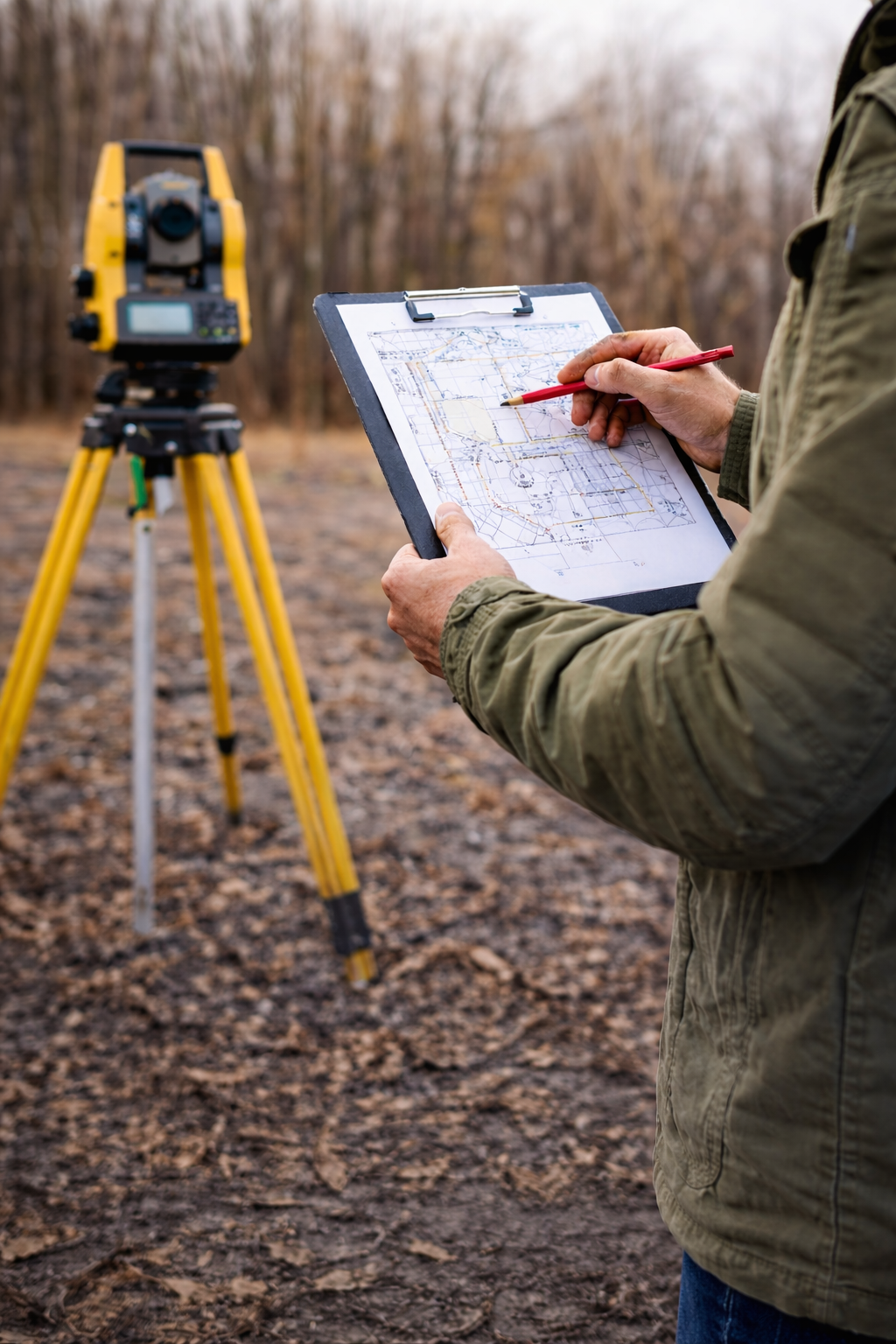If you're buying a home in Vermont with cash, you might assume the process is simple enough to skip hiring a real estate attorney. After all, there’s no lender involved, no mortgage paperwork to deal with, and fewer formalities—right?
Not so fast.
Even without a bank in the mix, a cash purchase still carries legal risks, due diligence responsibilities, and important decisions that can significantly affect your finances and property rights. In fact, the absence of a lender means it’s entirely up to you to ensure everything is in order—and that’s where your attorney becomes essential.
Why Cash Buyers Still Need a Real Estate Attorney in Vermont
1. Title Searches and Hidden Problems
Lenders typically require a title search to ensure the property has no liens, permit problems, or other ownership issues. When you pay cash, no one is forcing that step—but the risk doesn’t go away.
An experienced Vermont real estate attorney will:
• Conduct or review a full title search
• Identify any legal defects, easements, or claims on the property
• Help you purchase appropriate title insurance if desired
Without this step, you could unknowingly buy a property with costly legal baggage.
2. Purchase and Sale Agreement Review
In Vermont, real estate agents often use standard form contracts. These templates don’t always protect your interests—especially if you’re an investor or retiree with specific goals. An attorney can:
• Customize or amend the agreement to match your needs
• Clarify contingencies (like inspection or septic review)
• Ensure deadlines, deposits, and legal obligations are clearly defined
Skimming over these details can expose you to unnecessary risk or even litigation.
3. Closing Coordination and Document Preparation
Even in cash deals, closings in Vermont involve multiple legal documents, including:
• The deed
• Transfer Tax forms
• Smoke detector affidavits and
• Closing statements
Your attorney will draft or review all necessary documents, ensure compliance with Vermont real estate law, and coordinate with the seller, title company, and town clerk.
4. Local Compliance and Property Use Questions
Cash buyers—especially out-of-state retirees and real estate investors—often need answers to Vermont-specific issues, such as:
• Whether the property can be used as a short-term rental
• If there are land use restrictions, covenants, or Act 250 implications
• How Vermont’s property tax system will affect you post-sale
An attorney who knows local rules can help you make informed, confident decisions before you sign.
5. Peace of Mind
Legal mistakes in real estate aren’t just inconvenient—they can be very expensive. The cost of hiring a Vermont real estate attorney is typically modest compared to the value of the property—and the potential consequences of going without one.
Bottom Line
Yes, buying a home with cash may simplify the financing process—but it does not eliminate the legal complexity of a real estate transaction. Whether you're a retiree seeking a peaceful second home or an investor eyeing Vermont rental properties, working with a knowledgeable attorney ensures your purchase is secure, compliant, and aligned with your long-term goals.
At Peet Law Group, we regularly represent cash buyers across Vermont—from first-time vacation home buyers to seasoned investors. We’d be happy to help you protect your investment and close with confidence.











